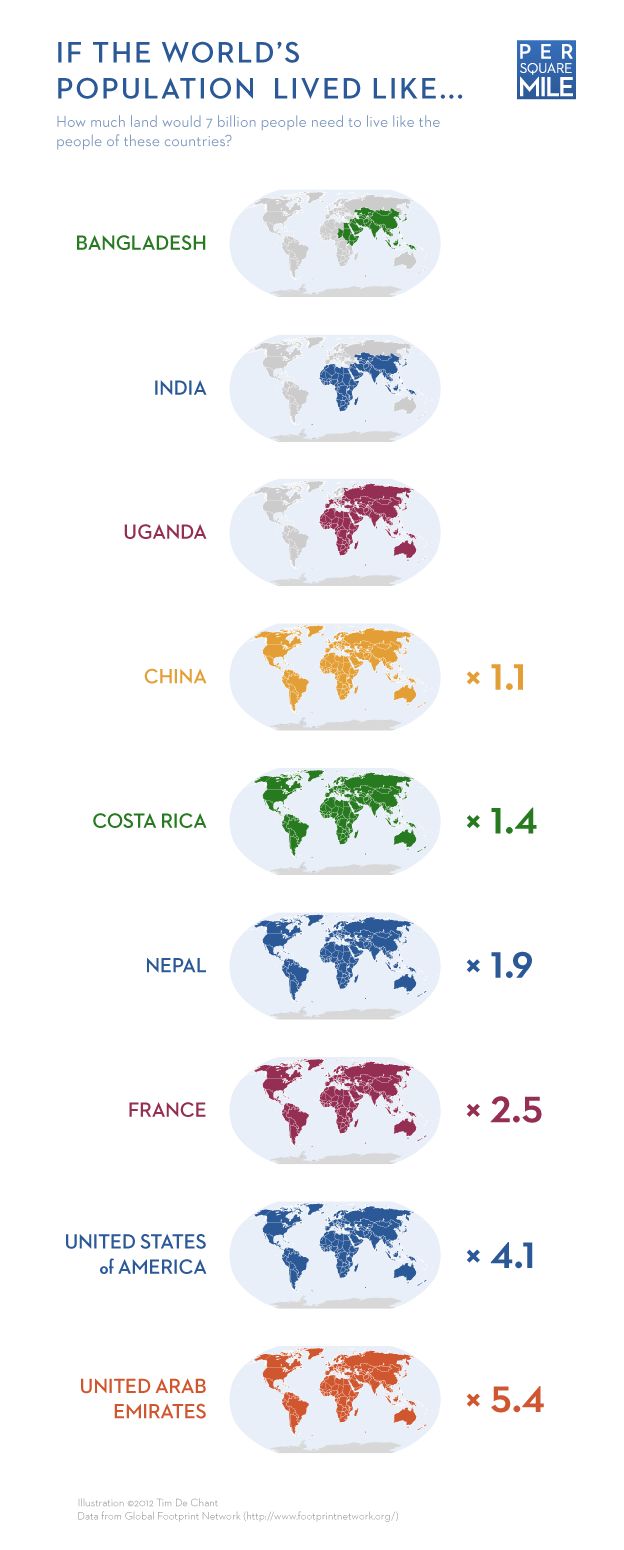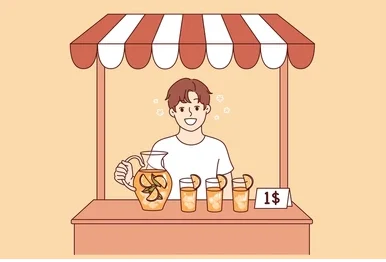Governments need to step up environmental protection
A white, undulating object moves sluggishly through the ocean. Below, stark white rock-like structures gleam. Sunlight tries to penetrate the grey haze over a rainbow of colors on the water. It’s not a jellyfish. This is a plastic bag, floating above a bleached coral reef under a smoggy, oil-slicked surface. This is the future of our oceans, unless the government starts taking action.
The average American throws away 264 pounds of plastic per year. In Sweden, it’s only 40 pounds per year (https://sweden.se/quick-facts/recycling-sweden/). The difference? The Swedish Environmental Protection Agency, or Naturvardsverket. Local authority enforces the environmental sanctions put in place by this agency. Government recycling centers are found .2 miles away from all residential areas. It’s worked so well that Sweden has to import garbage from other countries to turn into energy at their recycling plants.
One reason the United States is so far behind is that many people simply don’t know how disgraceful the Earth has become. Under 20% of Americans live a sustainable lifestyle, and while that sounds like a large percentage, it’s not. Considering the fact that the United States makes up 5% of the world’s population, that figure is small. Especially if you flip the statistic- over 80% of the United States doesn’t live a sustainable lifestyle. 
If Sweden’s key to a severe waste reduction and a source of energy (from incinerating 50% of their garbage) is governmental regulation, then why can’t the US do the same?
There are alternatives, such as victims of air pollution suing the government to prompt change, but doesn’t that end right back with governments having to take action? Why can’t we start that way without lengthy, expensive lawsuits?
While some private companies have begun to make a change, such as Starbucks banning plastic straws from all their locations, many companies will not. Volkswagen is the perfect example, after the company cheated on their emissions tests even while promoting clean energy. Investigators found that test mode emitted far more pollution than the normal drive mode, Volkswagen had to pay 30 billion dollars in penalties, and buy back cars from customers. Despite the fact that they faced consequences, the cars produced 40 times the accepted amount of air pollution for years before the scandal.
The United Kingdom is also in the process of making change. They recently raised the cost of plastic grocery bags and banned single use plastics such as straws and drink stirrers. Despite the small size of these changes, they are still progress. Meanwhile, there are no government bans of single use plastics in the United States, and plastic grocery bags are free to customers. Often there isn’t even an alternative.
As UN secretary general Antonio Guterres said, “Those who fail to bet on the green economy will be living in a grey future.” America’s government faces a grey future.

Claudia TenElshof is a sophomore and will graduate in 2021. She runs cross country for Jenison and loves traveling and dogs.










